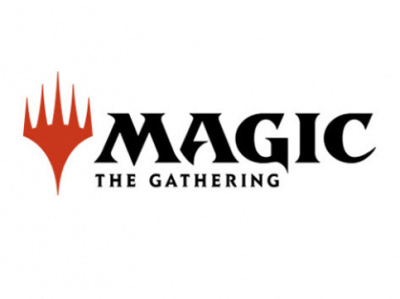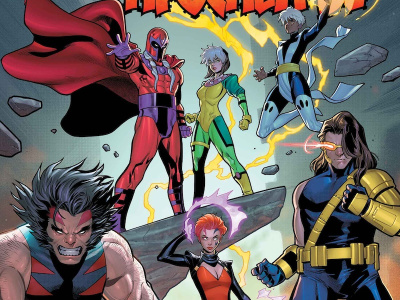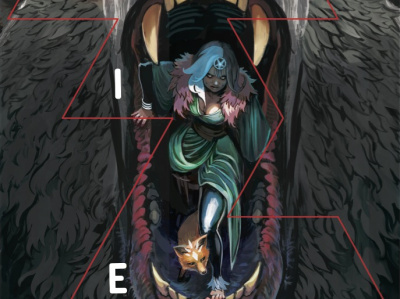
Kiss Comics
Since Kiss was one of the most visually interesting rock groups in an era that saw more than its share of flash and glam, it comes as no surprise that Gene Simmons and his mates were interested in comic books almost right from the beginning. Marvel Comics Super Special #1 appeared in November of 1986, and those old enough to remember those days can reflect on how Marvel kept pumping those comics out to serve demand, a practice which the modern Marvel eschews, but one which hasn't hurt the back issue value of MCSS #1, which has a guide value of $120 in mint condition, the same as MCSS #5, which also featured Kiss. No other MCSS book even comes close to the Kiss-themed issues in value.
Todd McFarlane's legendary love of heavy metal led to another series of Kiss comics in the late 90s. Kiss: The Psycho Circus, published by Image, debuted in 1997 and lasted some 30 issues. McFarlane has gradually reduced his comic publishing activities and the Kiss comics series ended, but McFarlane Toys is continuing to create Kiss figures and busts, which retailers can cross-merchandise effectively with the Dark Horse Comics series (see 'MacFarlane Toys, Part II').
The new Dark Horse Kiss series includes considerable input from Gene Simmons and Paul Stanley (who control the entire Kiss property), but it also benefits from the professional touch imparted by Joe Casey, a veteran writer of Marvel X-Books, and Mel Rubi, who has drawn Aliens vs. Predator and Joss Whedon's Angel. The talented (and ubiquitous) J. Scott Campbell provided the cover to the first issue of the Dark Horse series. The continuing success of the Dark Horse series will depend on retailers' ability to reach out and snare non-traditional comics fans who like Kiss -- and on pitchman Gene Simmons' ability to keep the band and its ancillary products in the news.
A Martha Stewart for Rockers
Gene Simmons is not just the driving force behind the licensing of Kiss products, which include a $4700 Kiss Kasket that doubles as a beer cooler and burial device, he is the self-appointed spokesperson for the 'Kiss' lifestyle. His new magazine, Gene Simmons' Tongue, is an attempt to shift the brand focus from Kiss to its orally-endowed bass player, but much of the editorial in Tongue is given over to various Kiss-licensed products so there is a strange synergy at work here. In explaining the focus of his magazine, Simmons compared Tongue to Martha Stewart Living, 'they're both lifestyle magazines.' Let's hope that Gene Simmons is not accused of insider trading. It would be a shame if he had to curtail his appearances on television or cancel his magazine, since these are both venues Simmons can and will use to hawk his licensed wares -- including the new Dark Horse Kiss comic book.







